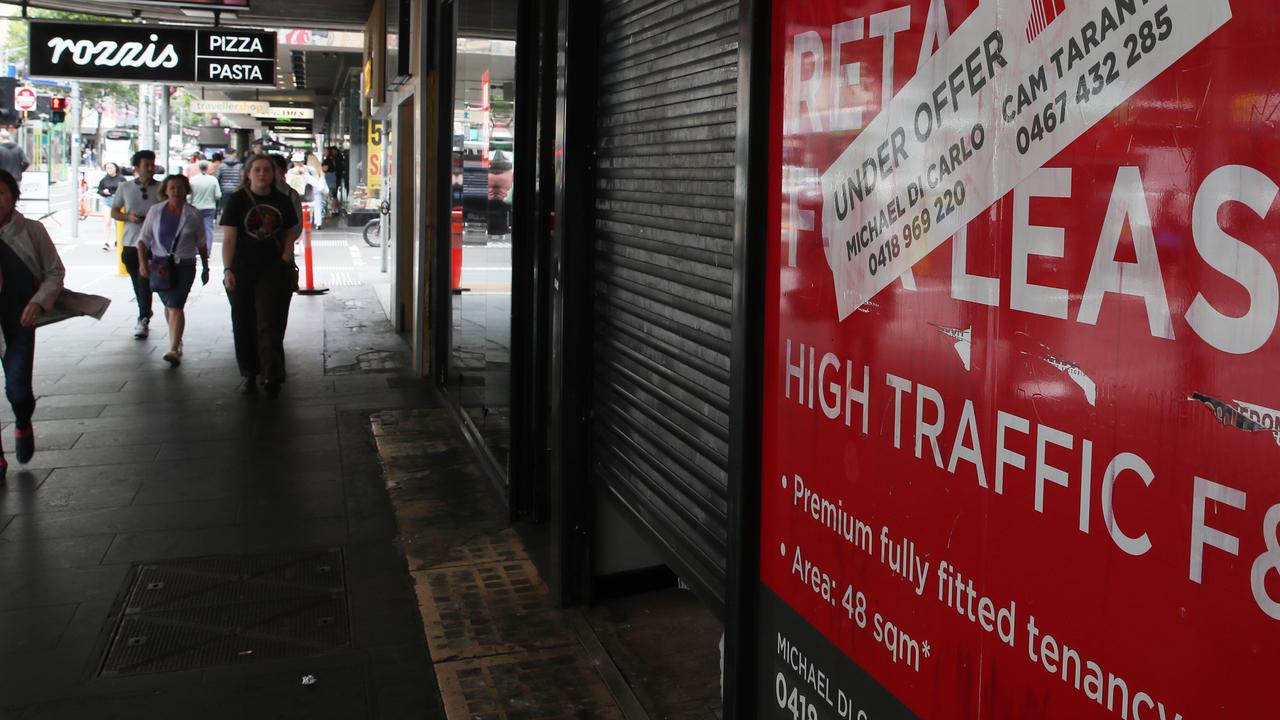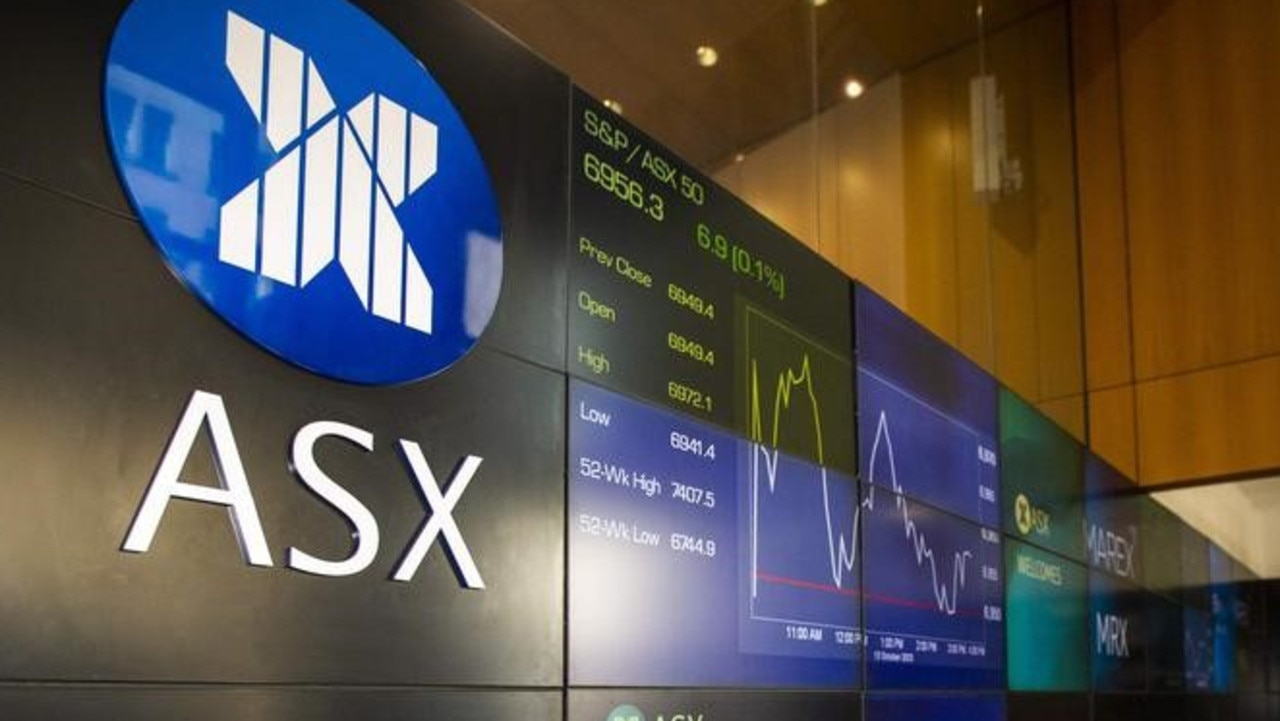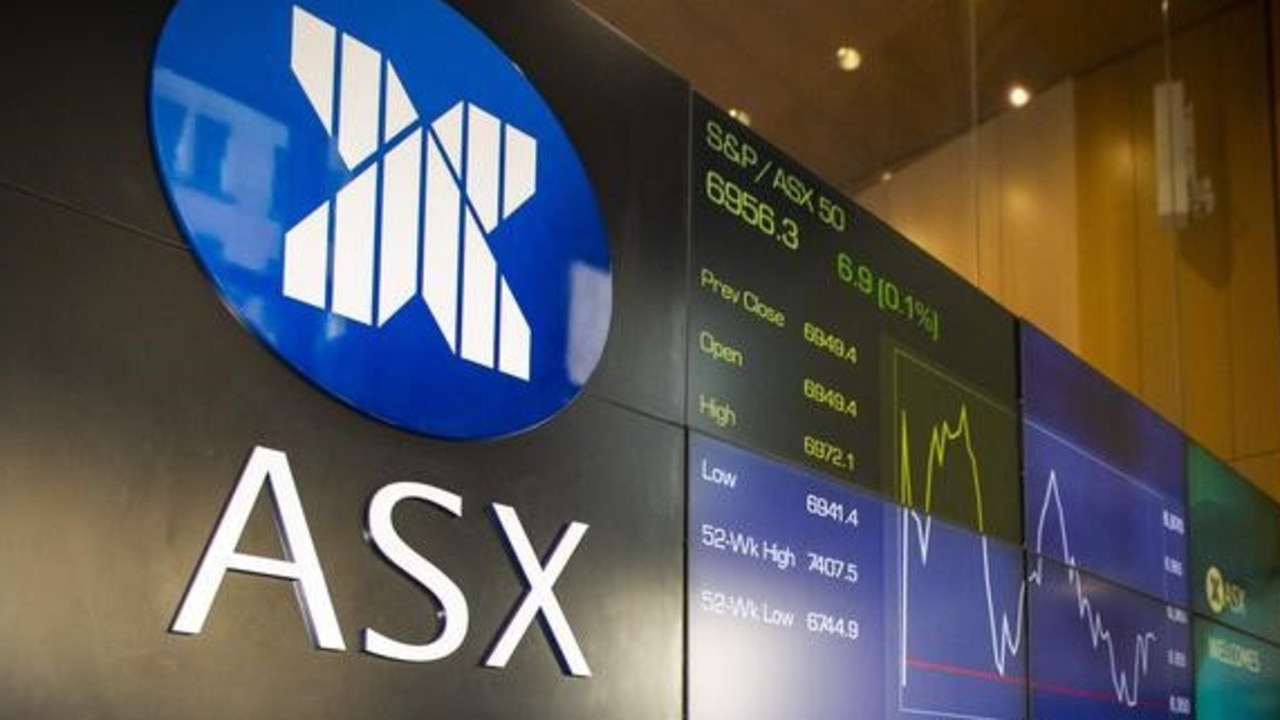Sorry Australia, but New Zealand is winning
While we experienced a brief spike in social cohesion, Australians’ general well being metrics “are about as low as they’ve ever been”.

Small Business
Don't miss out on the headlines from Small Business. Followed categories will be added to My News.
While we experienced a brief spike in social cohesion as a result of banding together during the early months of the pandemic, Australians’ general well being metrics, according to research by ANU postdoctoral research fellow Dr James Gordon, “are about as low as they’ve ever been”.
“The latest Federal budget barely mentioned well being,” Dr. Gordon explains.
“I think in Australia, we ask ‘what’s our economic outcome?’ Then we assume it will eventually translate into some sort of well being. But the data doesn’t support that. Those happiness and satisfaction makers are actually in decline.”
Compare this to New Zealand, where a ‘well being budget’ – a world first – was introduced in 2019 to find more holistic ways of measuring success than purely economic metrics.
While well being – and how it’s measured – varies across communities and countries, New Zealand’s approach was to define five key priorities to address, including assisting Kiwis to transition to a sustainable, low-emission economy, addressing inequalities in Maori and Pacific Islander communities, reducing child poverty, improving mental health outcomes and helping citizens to remain safe and thrive in the digital age.
And it looks like it’s having an impact.

Australia, we’ve got some catching up to do
Despite the fact that Australia’s GDP outperforms our cousins across the ditch (even when adjusted for population differences), according to the 2023 World Happiness Report, the Kiwis have us pipped at the post when it comes to life satisfaction.
It is no surprise that the focus on well being trickles down to the corporate sector as well. According to employee experience platform Culture Amp, Kiwis rated their manager’s concern for their well being well above the global average at 88 per cent favourable. Australians ranked their managers’ well being focus lower, at 66 per cent favourable. In fact, Australian employees had much lower favourable scores than average in the categories of fairness, growth and connection, and goal tracking.

How businesses can focus on well being (and improve their bottom line)
So what does well being in the workplace look like in practice?
“In the workplaces really getting it right, I think there is a sense of contentment among employees, where they’re feeling validated and respected, and valued for the work they do,” explains Sinead Newman, counsellor and founder of Insightful Minds, an organisation that provides workplace training around mental health and well being.
“There is also a strong feeling of belonging,” he added.
“People’s well being is directly linked to productivity, which we understand to be true,” Newman continues, “but also we spend so much time at work, (so) it’s also about being able to go to a place where you feel well, where you feel supported and most importantly, psychologically safe.”
Newman says better well being outcomes in the workplace mean greater employee retention as well.
“It means that if you’re feeling well-supported in your role, you don’t have that anxious feeling that you have to quit your job to escape an intolerable situation, which creates a whole other set of issues.”

While corporate Australia has embraced employee well being as a concept in practice, Newman says the approach needs to be holistic rather than taking a ‘tick-a-box’ approach.
“We don’t know what we don’t know,” she explains, “education is key, and I think people need to be more informed when it comes to mental health and well being.
“Everything from the kind of language we’re using in the workplace, to actually understanding what the legislation requires, for example in situations where someone might present as unwell or might struggle with their mental health.”
She continued: “I believe training is important, but I like to see the managers in those training sessions as well, so that everyone is on-board.”
For Dr Gordon, workplace well being is a trickle-down effect from highlighting the importance of new social metrics on a policy level.
“We need to change the conversation about what’s important for a healthy, happy society, and not just assume that economic prosperity will automatically bring well being,” he says.
“In a workplace sense, this has everything to do with thinking about what brings people purpose and cohesion at work. If it’s solely money, I don’t think you’ll have a very fulfilled workforce.”
Originally published as Sorry Australia, but New Zealand is winning








